
Partners
Estonian Marine Institute (EMI)/University of Tartu (UTartu) is the leading multidisciplinary marine research institute in Estonia contributing to research in several marine study fields.
With its extensive pool of world-leading experts and state-of-the-art facilities, EMI has a mission to better understand the functioning of the Baltic Sea ecosystem and improve management solutions. EMI’s mission is to enhance ecosystem quality and ensure sustainable maritime: development.
EMI was established on the 3 of March in 1992 from the units of Estonian Fishery Institute, Estonian Academy of Sciences Ecology and Marine Research Institute. In 1996 it was merged with the Ministry of Environment and in 2001 it was incorporated with University of Tartu, Estonia’s leading centre of research and training.
https://mereinstituut.ut.ee
Budget: 330 000
Anneliis Peterson anneliis.peterson@ut.ee
Jonne Kotta jonne@sea.ee
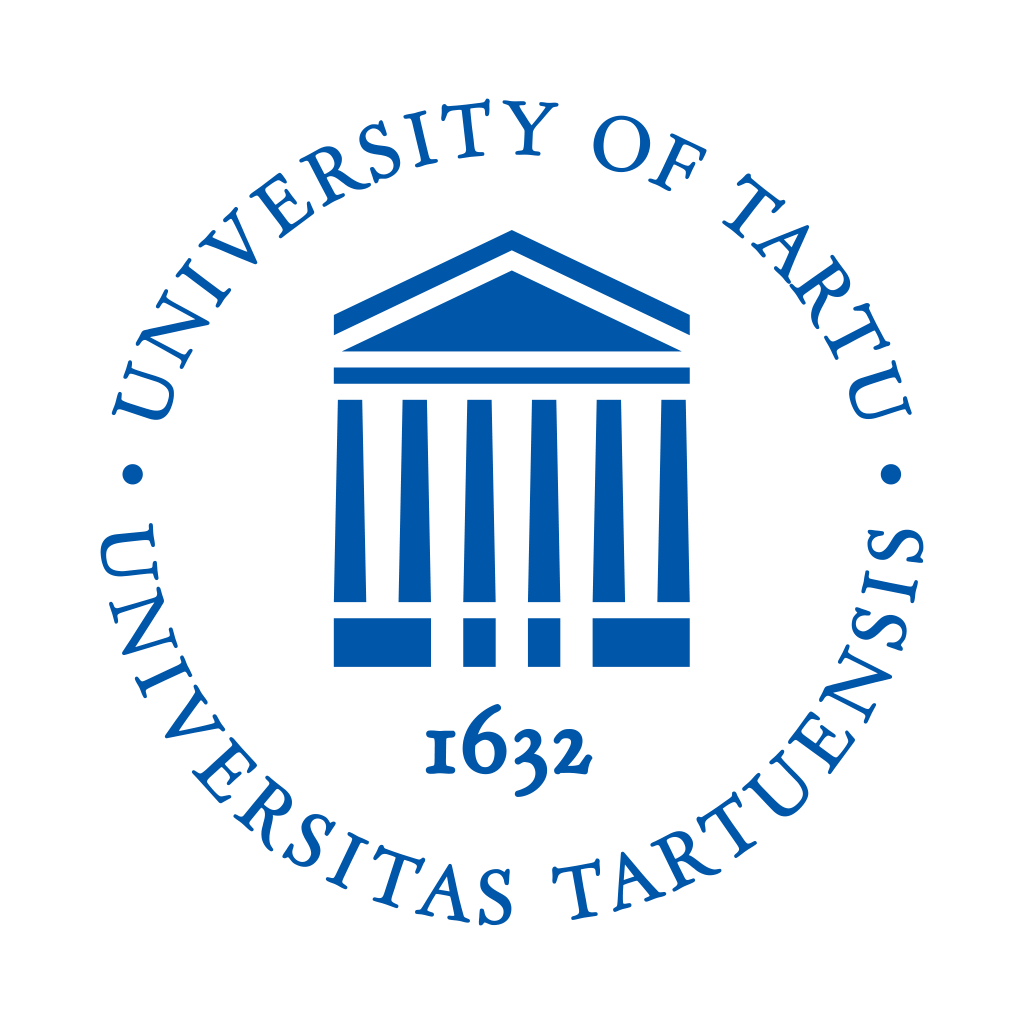
Estonian Ministry of the Environment (EME) / Department of the Marine Environment is responsible for elaboration of legal framework of national environmental and nature protection as well as the use, reproduction and accounting for natural capital.
The mission of EME is to create conditions that ensure the current and future generations can live in an ecologically intact and diverse environment and ensure sustainable use of natural resources. EME is a strategic coordinator for several national environmental protection and management issues ranging from national environmental monitoring, fisheries quotas to marine strategy etc. In order to make well-informed policy and management decisions, it is of EME’s key interest to collaborate, share knowledge as well as obtain high quality data on marine environment and associated human impacts.
https://www.envir.ee/en
Budget: 25 556
Agnes Unnuk agnes.unnuk@envir.ee
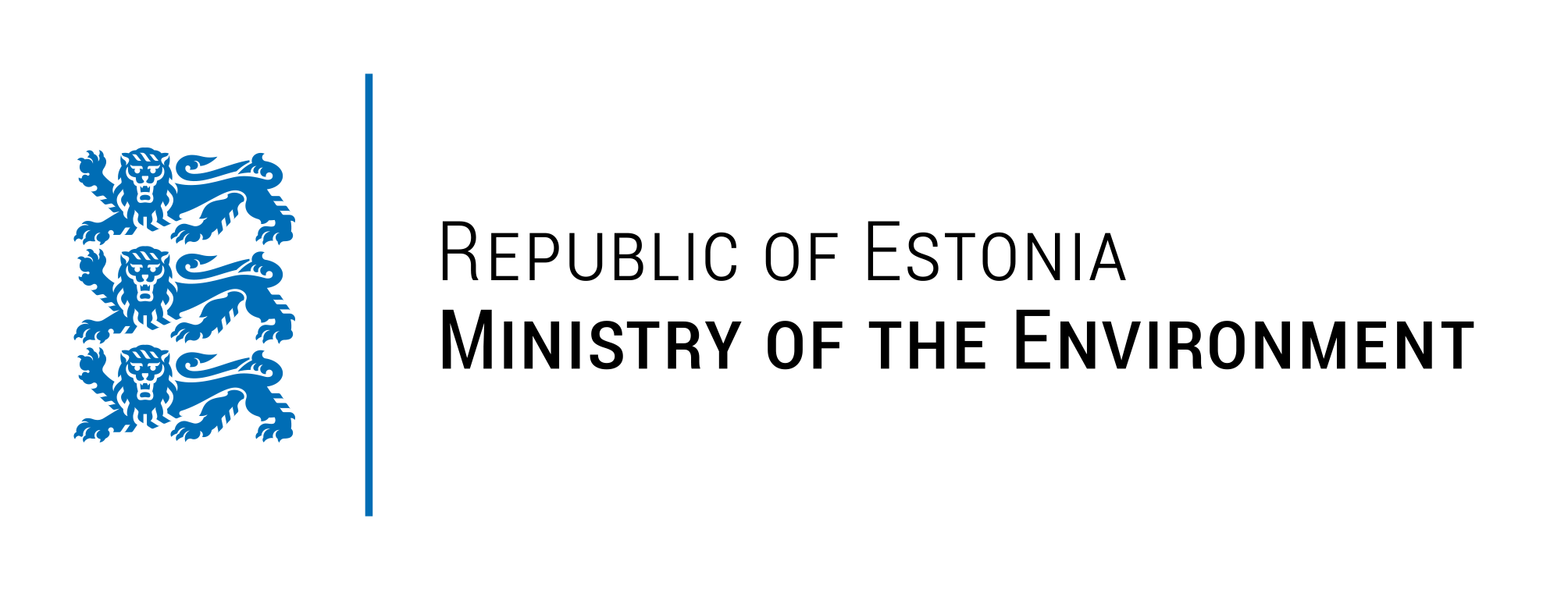
Finnish Environment Institute (SYKE) – a research institute and government agency under the Ministry of the Environment is both a research institute, and a centre for environmental expertise.
SYKE’s research focuses on changes in the environment and seeks ways to manage these changes. SYKE has been previously involved in trilateral cooperation in the Gulf of Finland in questions related to underwater biodiversity, human impacts on the marine environment and maritime spatial planning. Participation of SYKE’s experts in ADRIENNE enable to communicate the project’s results to wider audience and increase the visibility of the project in the whole Gulf of Finland area.
https://www.syke.fi/en
Kirsi Kostamo kirsi.kostamo@ymparisto.fi
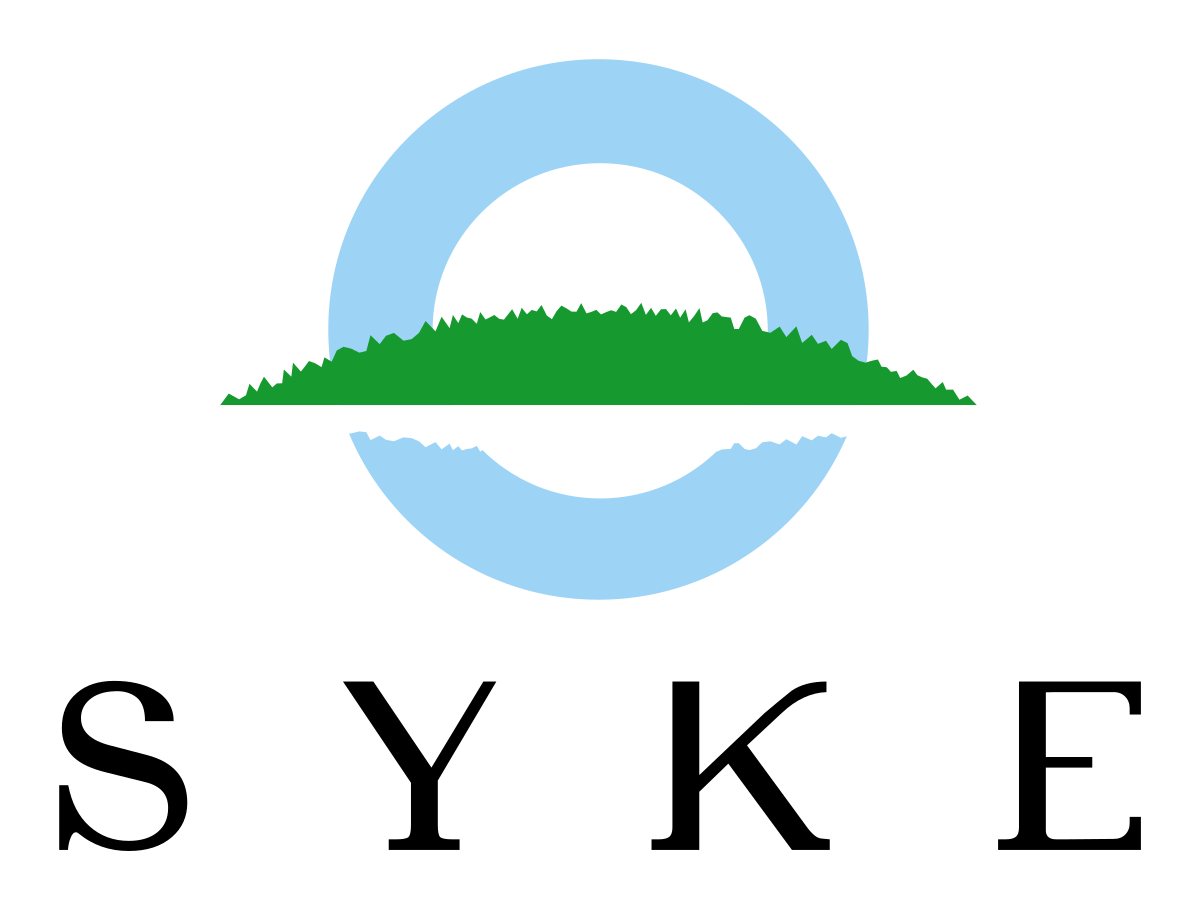
Kotka Maritime Research Centre (KMRC) aims to improve the interaction between the science and the society by focusing on conveying theory into practice.
KMRC combines the expertise of four leading Finnish universities in the fields of maritime transport and logistics, maritime safety and the environmental effects of maritime activities. The juridical body operates in close collaboration with the maritime industry, universities, research organizations, institutes, and authorities both nationally and internationally. The practical solutions based on scientific research can improve the profitability of maritime industries, decrease the environmental impacts of maritime transportation, and outline cost-efficient solutions to challenges the maritime sector is facing.
http://www.ubcwheel.eu/index.php/gpdp:gpdb/article/839
Anna Kiiski anna.kiiski@merikotka.fi
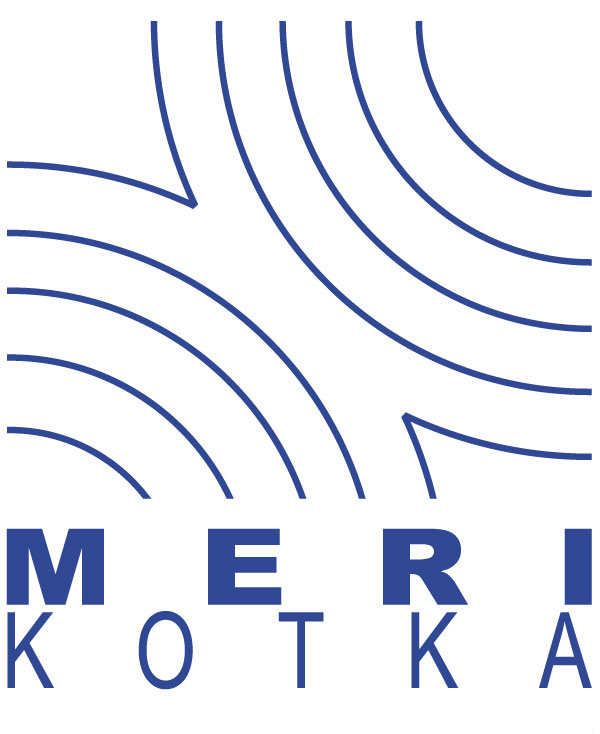
Project ADRIENNE+ (ER188) is implemented under the European Neighbourhood Instrument and co-financed by the European Union.
This website has been produced with the financial assistance of the European Union. The content of this website is the sole responsibility of University of Tartu and can under no circumstances be regarded as reflecting the position of the Programme or the European Union.
DG REGIO website https://ec.europa.eu/regional_policy/en/
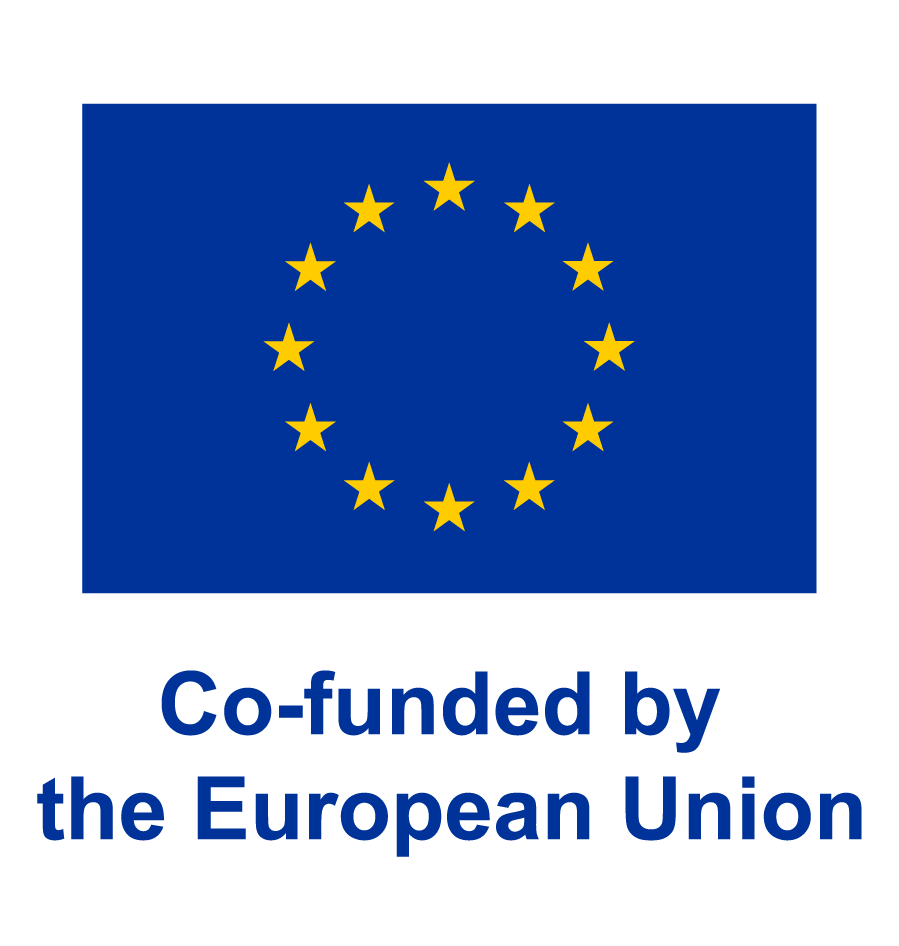
Co-funder Environmental Investment Centre
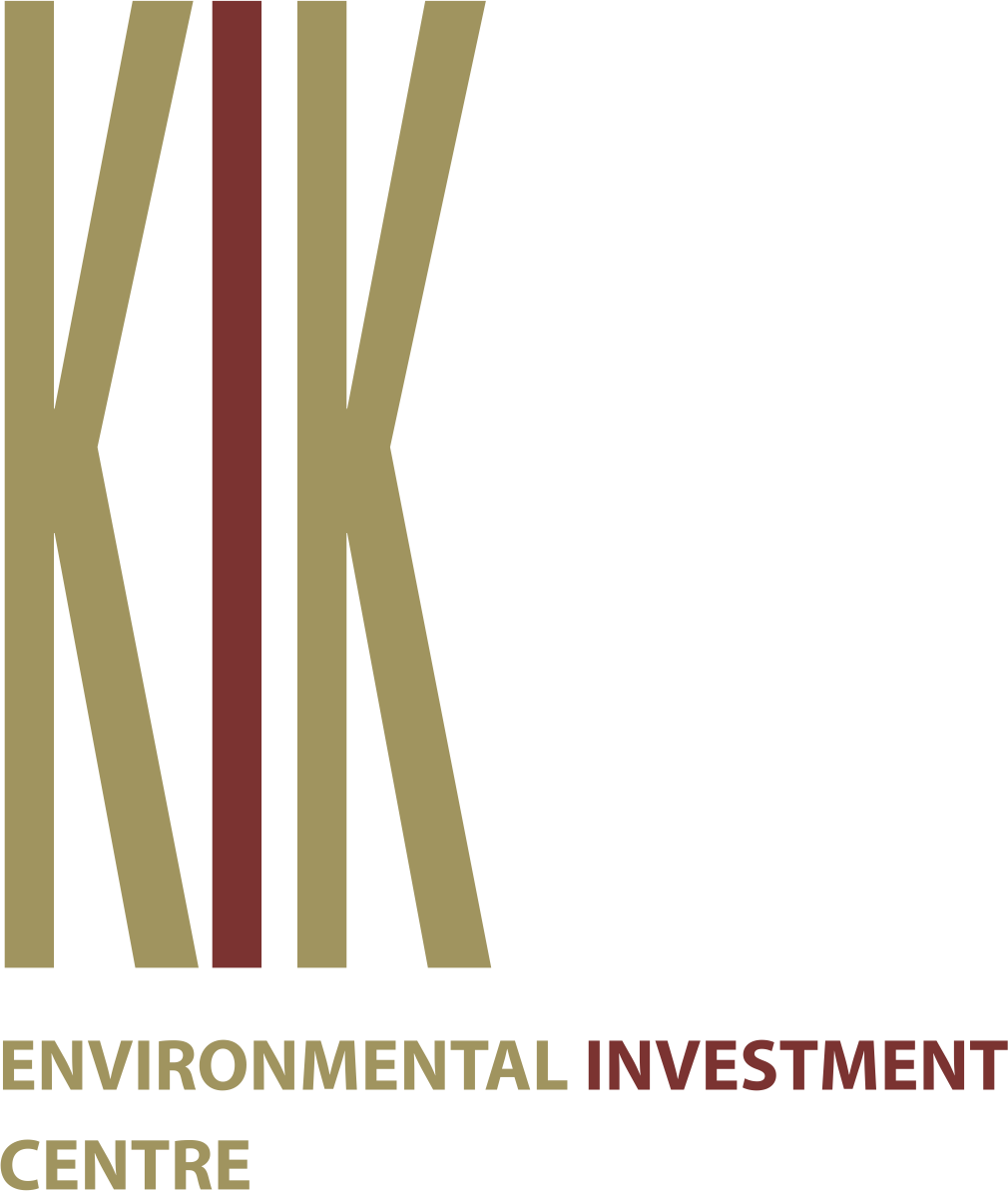
More information
DG NEAR – till 31 Dec 2019: https://ec.europa.eu/neighbourhood-enlargement/neighbourhood/cross-border-cooperation_en
DG REGIO – from 1 Jan 2020: https://ec.europa.eu/regional_policy/en
The Ministry of Economic Development of the Russian Federation: http://economy.gov.ru/minec/activity/sections/mps/programs/
The Ministry of Finance of Estonia https://www.rahandusministeerium.ee/en/interreg


